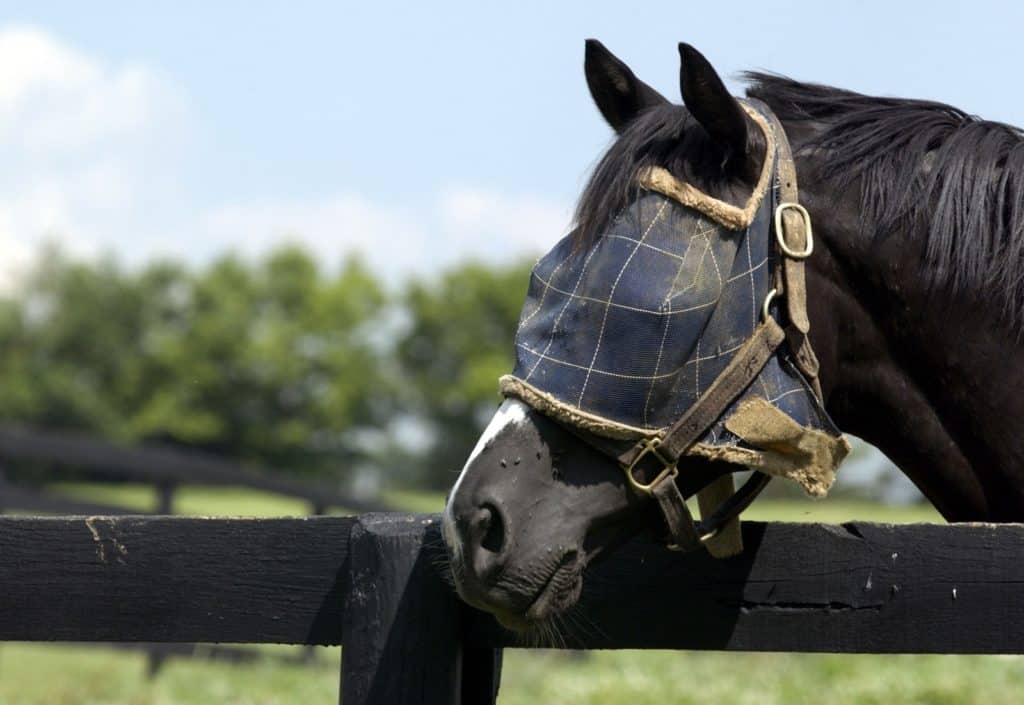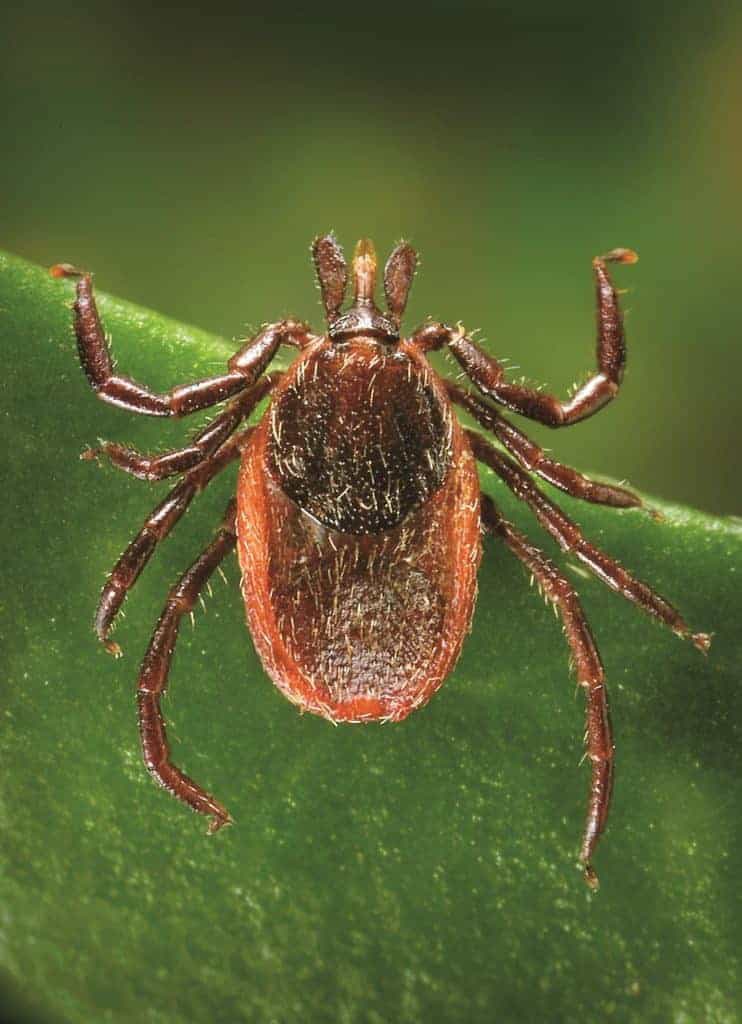
Horse Owners: Vaccinate Against WNV, EEE
Owners are encouraged to vaccinate their horses prior to the onset of peak mosquito season.

Owners are encouraged to vaccinate their horses prior to the onset of peak mosquito season.

The study’s results will serve as a basis for education and research related to equine health and management, and more.

Bats have moved into one horse owner’s barn. Find out if that’s a good or bad thing.

A coordinated insect control approach can help keep horses as fly-free as possible this spring.

Fewer flies and less chemical warfare can create a healthier barn environment for you and your horse.

Learn how horses contract Lyme disease, what clinical signs to watch for, how to treat it, and more.

Learn about this difficult-to-diagnose disease, what clinical signs to watch for, and how veterinarians treat it.

Ticks might be tough opponents, but there are things you can do to reduce pasture infestations and protect horses.

By maintaining a clean facility, instituting several simple biosecurity precautions, and regularly disinfecting your barns and stalls, you will be better able to prevent and control disease on your farm.

Disease-harboring mosquitoes and flies top most horse owners’ list of bugs to beware of, but don’t forget these other horse and barn-harming pests.

Whether a horse is troublesome or trouble-free about fly spray, here are some basic do’s and don’ts to follow.

There are many issues to consider when you’re planning to transport your horse, especially if he’s moving to a hot and humid climate. Here’s what to to consider, from new feed options to a risk of hyperthermia.

Researchers found that monovalent WNV vaccines produced a titer levels than combination vaccines.

Learn about a possible new test for diagnosing insect bite hypersensitivity (summer eczema, sweet itch).

Veterinarians are fine-tuning testing, prevention, and treatment methods for equine piroplasmosis.
Persistent summer sores are extremely bothersome, slow to heal, and can prevent horses from training.
Stay on top of the most recent Horse Health news with
"*" indicates required fields